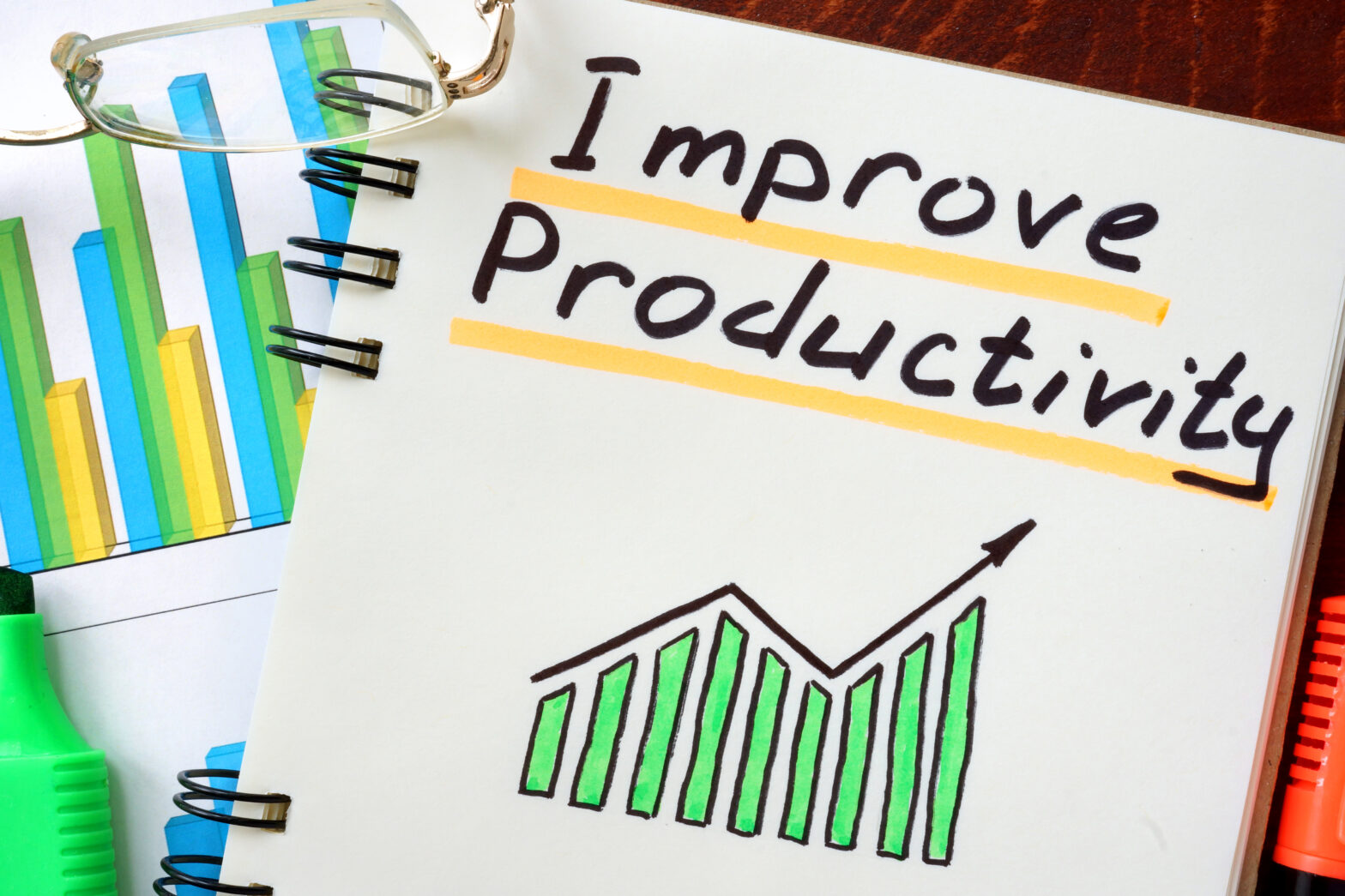For some, Brexit has already reaped positive rewards; for others it has brought negative ramifications. A survey conducted by Company Check in late 2016 revealed that 30 per cent of small businesses had experienced a negative impact, 15 per cent a positive effect and 50 per cent reported no effect on them so far. But while uncertainty is in the air, there is no place for complacency, every small business should prepare to raise their game for what could be a challenging future. Three particular areas of focus I’d like to explore are finance (there’s a great opportunity for small businesses to streamline their financial processes), AI (it’s not just for multinationals), automation and robotics and how best to encourage your staff with the human touch.
Technology has been busy disrupting our lives in many ways but surprisingly, financial management has remained relatively untouched; until very recently that is. A couple of weeks ago, Soldo commissioned YouGov to undertake a survey of 1,200 UK SMEs and we discovered that a whopping £8.72 billion per year was spent on financial management tasks that could easily be automated, making a significant dent in this resource cost. The average employee spends 4.1 hours a week tending to invoices, accounting, expenses, budgeting and forecasting. That’s the equivalent of £2,644.34 per employee every year.
Freeing up employees
Imagine if all that daily effort in keeping on top of finances could be streamlined, freeing up employees to undertake more productive tasks. Well, it’s an option and one I thoroughly recommend looking at. Multi-user spending accounts can enable businesses to delegate, control and track company employee expenses in real time. Distribute customised pre-paid cards to your team and watch your productivity levels increase. Get your clients and collaborators involved and even better! An extremely simple solution that will ensure your productivity levels increase.
You’d be forgiven in thinking that artificial intelligence was only an option for multinationals but actually, that’s not the case, at all. Small businesses can integrate AI in order to increase productivity and help their employees to refine their skills and focus on much more valuable business tasks. It’s important to recognise that Integration of AI is not synonymous with replacing the human work force. It’s the combination of both human expertise and AI that is key.
AI can be applied to most business processes, find out which one would help you the most and move work that is unnecessary. Areas such as HR, finance, compliance, supply chain and contract management can all benefit from AI. Not only can these technologies actually execute processes but they can also build a business foundation which helps them predict their own futures.
Take chatbots as an example in customer service. Chat bots could enable your customers to type queries through messaging mediums such as Facebook or WhatsApp and receive an automated response without a paid employee needing to intervene. Customers could also use the bots to order takeaways, book tables at restaurants or chose specifications for a new automobile. Chatbots are a great, cheap way of scaling the customer service of small businesses. Customers want easy access and to expend minimal effort in engaging with businesses. Imagine how much happier your customer would be if they received an instant answer to the question rather than having to sit on hold to a call centre for ages.
AI can be a great attribution to your business but if you’re going to do it, ensure you pair it with personalised marketing. As ever, it’s technology working hand in hand with humans that is key. Can you afford to neglect it?
Automation and robots
The same open mindset should be applied to automation and robotics. Many see it as a threat to employment but you should really see it as a chance to drive employment higher up the value chain so ultimately, people get paid a higher salary for higher level jobs and enjoy a better standard of living. It’s a great way to drive productivity which is the only way to raise wages.
Britain is in an advantageous position because businesses have access to a flexible, skilled workforce and existing infrastructure that fosters innovation. How can you innovate?
I’ve mentioned a few times how important it is to maintain a human factor in all of your operations. But how you can you encourage your staff to be more productive with your own human touch? Well, firstly, it might sound counter-intuitive, but encouraging your staff to take regularly breaks can actually significantly boost their productivity. Research has shown that that taking short breaks during long tasks helps you to maintain a constant level of performance. Conversely, working at a task without breaks leads to a steady decline in performance.
Related: Five ways to create a productive workplace culture
Also, have your meetings standing up. Yes, you read it correctly. If you have to have a meeting (and let’s admit it, often they are a drain on productivity), then studies show that standing up can actually increase group arousal, decrease territoriality and improve group performance. Some other good ideas include encouraging your employees to turn off notification settings. It can be hard to resist checking our emails, voicemails or text messages on a regular basis but it is much more productive to turn them off and build in time to check them. The key is to be proactive, not reactive.
Are your offices inspiring productivity? There’s also research that shows that decorating your office with plants, art work or flowers can put smiles on the faces of your employees and increase productivity by up to 15 per cent.
So there we have it, apply time to some of the aforementioned areas and watch your company boost its productivity. At the end of the day, boosting our productivity is key to succeeding in the post-Brexit environment.
Carlo Gualandri is founder and CEO of Soldo.





